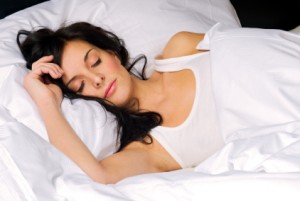 Urinary incontinence is the involuntary discharge of urine. There are many possible causes of urinary incontinence. The key to treatment is identifying the specific type of the incontinence a woman is experiencing through a careful medical interview and a focused physical exam. Frequently, a special test called urodynamics is recommended to accurately diagnose the problem. Urodynamics studies should always be performed when a woman is considering surgery to correct her incontinence.
Urinary incontinence is the involuntary discharge of urine. There are many possible causes of urinary incontinence. The key to treatment is identifying the specific type of the incontinence a woman is experiencing through a careful medical interview and a focused physical exam. Frequently, a special test called urodynamics is recommended to accurately diagnose the problem. Urodynamics studies should always be performed when a woman is considering surgery to correct her incontinence.
The two most common types of urinary incontinence are “stress incontinence” and “urge incontinence”. Stress incontinence is accidental urine leakage that occurs during physical activities that cause a sudden pressure (or “stress”) on the bladder such as laughing, lifting, coughing, or sneezing. Urge incontinence is urine leakage that occurs before a woman has a chance to get to the bathroom in response to urge to urinate. Women with this type of leakage may also experience frequent urges to urinate, the inability to suppress the urge and frequent nighttime waking to urinate.
Treatment for urinary incontinence varies on the type and severity of incontinence. The first step in treating the problem is determining an accurate diagnosis.
- Stress incontinence can be effectively treated with pelvic floor exercises, devices that “block” the loss of urine, or surgery.
- Urge incontinence is commonly treated with medication, biofeedback, or electrical stimulation to the nerves that control the bladder.
There is a wide variety of non-surgical and surgical treatment options available for all kinds of urinary incontinence.
Contact Dr. Gordon Gunn in Fullerton California today to set up an appointment for evaluation and discuss effective treatment options that are right for you at (714) 912-2211 to schedule an appointment.
Dr. Gordon Gunn also proudly serves Buena Park, La Mirada, Yorba Linda, Diamond Bar, Walnut, and surrounding areas.
 Bladder Control – Bowel Control – InterStim Therapy – Fullerton, CA
Bladder Control – Bowel Control – InterStim Therapy – Fullerton, CA



